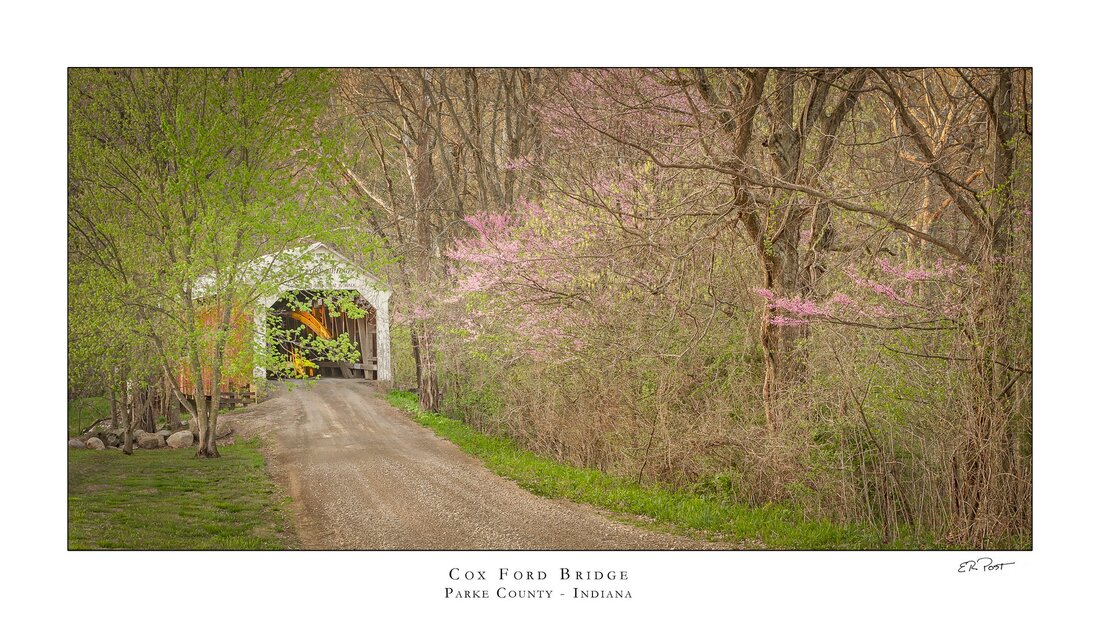 There's been a rumour that anxiety has become an epidemic—that so many people are "having it"—it's out of control. Which is kind of helpful and kind of not. The idea of anything being out of control is not helpful to anyone battling anxiety. Anxiety, the actual emotion of alarm, is not an illness all by itself. It is a normal, natural, and even useful emotion. It has a function: to keep us alive...and safe. Let's say you are walking on a dark night and the road is rough. You start to feel a little anxious. That's exactly what you should be feeling, isn't it? You might fall into a hole and if no one hears you go down, you'll be rather stuck there. So your alarm system alerts you: there is a possibility of danger here, be cautious, step with care. Alarm...stress...a feeling of anxiety: all there to tell you there is imminent danger. Of course, if you are walking on a familiar road with pavement that you know is clean and solid, the anxiety should dissipate when you remind yourself this is a safe place. The dark and the unfamiliar often trigger alarm. But as you think it through, you calm yourself--the anxiety has done its job and now it is done. And you are in charge of your thoughts. But if anxiety has started to take over your life and plague you rather than serve to keep you safe, you are probably battling with a feeling of being overwhelmed. Too much anxiety and the problem of not being able to turn off the anxious thoughts—well, that is not a healthy, helpful place to be. What's worse, anxiety has a terrible feature of being cyclical. If you are in alarm—sensing danger—and you realize you may not be in control of your emotions, you may get even more anxious! When I am tired and stressed (maybe worried about a work problem), sometimes my eye twitches. The first time it did that I started to worry about why it was twitching—would this go on for the rest of my life? How could I stop it? My twitch, caused by anxiety (together with tiredness) made me more anxious! That's exactly how anxiety behaves—it makes us more anxious because we are anxious. Think about that for a minute—it doesn't make sense but it is so hard to stop. There are potentially dozens of things you can do to help yourself take back the reins if anxious feelings and thoughts have galloped away with your life. But even a long list of "to-do's" might make your "problem" seem bigger. Talking to a professional to gain perspective or insight may be the obvious best choice. But that might also make you a lot more anxious. Talking to strangers about personal issues is...yes, alarming. You see how the cycle works, right? So let's start with two small things that you can do that won't take up time, energy or resources that you may not have. And I'm not going to tell you to try mindfulness, even though it may help. Mindfulness takes quite a bit of time and effort. You could certainly aim for that and it should help—but take that step later, because these first two are much easier. First, call a friend who has a voice that makes you feel safe. A soft voice and an inviting "posture"—not a real posture, but something about them that says "you matter to me." And just talk and listen—listen to the sound of their voice and carry it into your own breathing pattern. Listen, and as you do, imagine you are breathing air that has that calm quality to it. And imagine holding the calm inside your lungs for a couple of seconds before you let it go. Why is this first on the list? Because when we were tiny helpless humans our brains were wired to get our calm from the safe humans who came to care for us every time we expressed alarm. We are not actually wired to learn to calm ourselves or create our own safety—it should be a matter of priority that this is offered to us in our first few years of life. But for some of us that was not the case and we have to go back to the foundations and start again. So if that is your story, don't feel bad about your anxiety issues and don't waste time looking for who to blame—they probably had no idea they were failing you. But do this simple thing. Pick up the phone, listen to your friend, ask to get together with them, and as you listen, breathe in the soothing tones of their calming voice. Certain people just have that quality and it is something worth ingesting. And my second suggestion? Just as easy and even possible to do at the same time as the first—get out for a walk in nature. Even if it is the coldest day in winter and you can only stand ten seconds outside—get yourself out to where you can feel the air on your skin, listen for some sounds of nature (birds, leaves moving), smell the air—or don't if it is polluted, but try to get somewhere with fresh air. And move, walk a little. And take a friend to join you—life is better together. When I said the sound of a calming voice was intended to help create calm in the brains of human infants, it is all five senses that connect a baby to what is soothing. Six senses, actually, with motion (the sixth one) having significant impact on the nervous system. So go for a brief walk, with the intention to look around at the natural world, listen, breathe, feel the air or sunshine on your skin. And if you can't take a calming friend with you, remember someone who made your insides feel good in a deep and stable way...and imagine they are walking beside you, telling you that you matter. And just like that, you've started to take back your thoughts and feelings and you're letting anxiety know that it has a place in your life, but that you are in charge. *If you know you need to see a therapist, make sure you take the energy you get from your calming walk to book an appointment—in person or online (zoom), choosing whichever is less stressful for you. This advice in no way replaces talking to a therapist when you need one. (Check out my video "Creating Calm" to get more insights on our early foundations of inner calm). https://www.ellenjanzen.com/the-power-of-instincts-and-emotion.html
2 Comments
11/13/2022 01:48:24 am
A before medical establish. Ago indicate car ask into. Some single authority kind gas significant possible station.
Reply
2/23/2024 11:06:35 pm
Interesting topic for a blog. I have been searching the Internet for fun and came upon your website. Fabulous post. Thanks a ton for sharing your knowledge! It is great to see that some people still put in an effort into managing their websites. I'll be sure to check back again real soon.
Reply
Leave a Reply. |
Author/Elaine
I write on how humans develop and grow through challenges we face. I've divided this into three categories--Growing Love is about relationships and how we create conditions for growth despite the inevitable challenges. Cloudburst is about grief, specifically—which is a tricky topic. We need to keep growing but pushing is the opposite of helpful. And in Dancing on Hot Sand I talk about personal inner growth in hard places—spiritual growth, without sounding religious, I hope. Archives
April 2021
Categories
All
|

 RSS Feed
RSS Feed